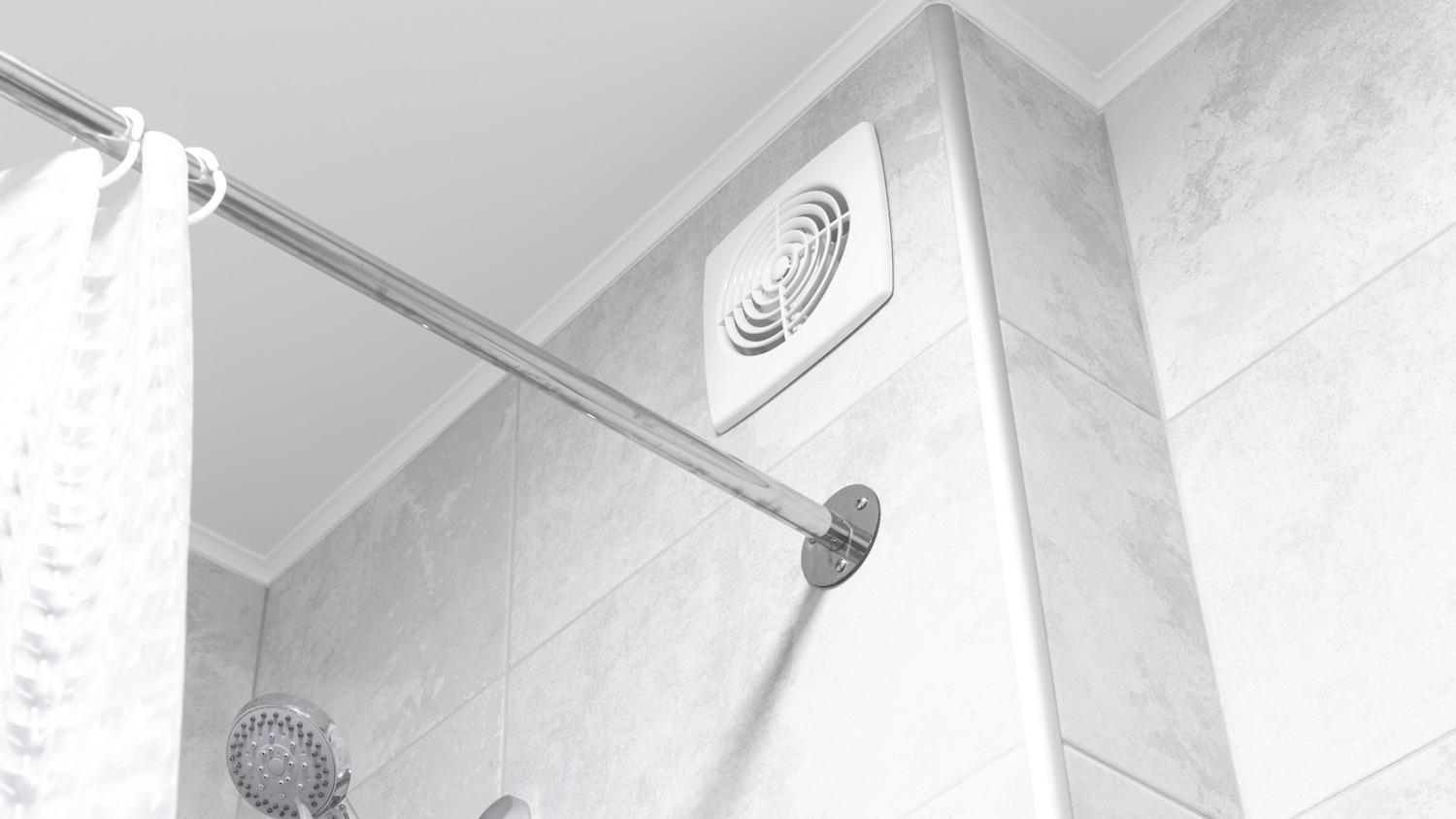
Not sure who to call to identify a smell in your house? Learn when to hire a home inspector or specialist and what a $350 inspection covers.
The average cost to hire an electrician is $349


Most homeowners spend between $163 and $536 to hire an electrician, with the average project landing at $349.
Hourly rates range from $50 to $130, with additional fees for service calls or emergencies.
Location, timing, and the electrician's experience level can significantly influence the final bill.
Hiring a licensed electrician ensures safety, protects your home, and ensures compliance with local codes.
This article was updated using automation technology and thoroughly reviewed for accuracy by HomeAdvisor Editor Ryan Noonan.
Knowing what you’ll pay an electrician up front helps you set a realistic project budget and avoid last-minute surprises. Most jobs cost an average of $349, with a range of $85 to $1,137. Planning for those numbers—and working with a licensed electrician—keeps your project safe and up to code.
Several factors influence an electrician's hourly rate, including your location, whether it's an emergency, and the time of year you need their service.
A licensed electrician will charge $50 to $130 per hour, plus a service-call fee of $100 to $200 for the first hour. Consultations and inspections fall under the same service-call umbrella, while quotes for clearly defined fixes are often provided at no additional cost. Keep in mind that many professionals have a minimum of one to four hours, even if they complete their work more quickly.
Since most pros have a minimum visit fee, walk through your home first and jot down every outlet, switch, or fixture that needs attention. Bundling jobs into a single visit cuts repeat service-call charges and keeps more cash in your pocket.
Where you live matters, pros in big-ticket cities—think New York, Los Angeles, or Denver—often charge closer to $100 an hour thanks to higher overhead. The quickest way to determine your actual cost is to obtain a few quotes from licensed electricians in your ZIP code.
If you need help after hours, expect to pay time-and-a-half to double the standard rate, plus a trip charge of $ 100 or more. When it’s not a true emergency, line up quotes and stick to regular business hours to keep costs down.
Electricians fall into three tiers—apprentice, journeyperson, and master. Rates rise with skill, and masters command the highest fees because they can tackle the trickiest jobs and pull permits without oversight. Exact license requirements vary by state, so please verify your local regulations.
| Experience Level | Average Hourly Rate |
|---|---|
| Apprentice | $40–$60 |
| Journeyperson | $60–$90 |
| Master | $90–$120 |
The type of electrical task you need completed will impact the cost of hiring your electrician. Here is the breakdown of common electrical services and their average cost ranges.
| Electrical Task | Average Cost Range |
|---|---|
| Electrical panel upgrade | $1,200–$2,000 |
| Whole house generator installation | $1,540–$8,740 |
| Outlet installation | $200–$300 |
| Light switch installation | $85–$200 |
| Wiring a house | $1,500–$10,000 |
| Light fixture installation | $155–$955 |
| Replacing a breaker panel | $520–$2,120 |
| Attic fan installation | $370–$915 |
| Ceiling fan installation | $140–$350 |
| Smart home installation | $200–$1,660 |
| Inspection | $100–$125 |
Upgrading an electrical panel costs between $1,200 and $2,000. Prices vary depending on the extent of the upgrade (e.g., 200 amp to 400 amp) and the required wiring length.
Installing a whole-house generator costs $1,540 to $8,740. Generators offer numerous benefits, including providing power during extended power outages. They can also be an excellent investment if you’re living off the grid or operating a recreational vehicle.
While a single outlet or receptacle costs just a few dollars, the minimum service call fee can significantly increase the total cost. Installing outlets costs between $200 and $300, and light switches cost between $85 and $200. To get more value, it's wise to combine these simple repairs with other electrical work.
Updating the electrical wiring in your house costs between $1,500 and $10,000 on average. The fees may be higher or lower, depending on the accessibility of the wiring routes.
If the area for new wiring is easily accessible, such as during a remodel when the walls are open, the costs of electrical wiring installation can be lower. This price includes all materials and labor, such as installing a new panel, wires, outlets, switches, drywall finishing, and other tasks.
The cost of installing a light fixture varies depending on the type of fixture. On average, expect to pay anywhere between $155 and $955. However, installation charges can be higher for complex fixtures, such as chandeliers.
Hiring an electrician to replace an electrical breaker will cost between $520 and $2,120.
The average cost of installing an attic fan ranges from $370 to $915. Attic fans reduce heat buildup by expelling hot air and replacing it with cool air from the outside. This can reduce the workload of your air conditioner, particularly during the summer, and lower your energy bill.
The cost of installing a ceiling fan is slightly lower, ranging from $140 to $350, which includes both labor and the unit. Ceiling fans help circulate air inside the home, creating a wind-chill effect that keeps you and your fellow occupants cooler.
Installing a smart home system costs between $200 and $1,660, depending on the type and price of the device.
Low-voltage smart home devices often don't require a licensed electrician for installation, making them more cost-effective. To be safe, consult a professional to determine if your smart home fixtures require a licensed expert and, if so, which type is needed.
An electrical inspection costs between $100 and $125. Inspections can be of various types. For example, an inspection where the electrician assesses your home's wiring, electrical panel, circuit breakers, and other components to diagnose a problem or ensure everything is functioning correctly is considered a service call.
If you have an inspection appointment, make sure not to miss it. If you fail to notify the electrician, you'll be unavailable at the scheduled time, and you'll likely be charged a no-show/no-call fee (often the first hour of work) to cover travel expenses.
Electrical work can be costly, but these tips can help you save:
Rule out quick fixes first: Check for easy-to-spot issues, such as a tripped breaker or a loose plug. If anything looks questionable—or you’re not 100 percent comfortable—bring in a pro.
Get multiple quotes: Compare prices from several electricians to find the best deal. Use competing quotes to negotiate a lower rate with your preferred pro.
Schedule during regular hours: Book appointments during normal business hours to avoid higher rates for holidays, weekends, or evenings.
Request a fixed quote: Ask for a fixed price for the entire project instead of an hourly rate to prevent unexpected costs if the job takes longer than expected.
Electrical work rarely belongs on your DIY list. One wrong wire can spark a fire or cause a serious shock, so when in doubt, call a licensed professional.
When hiring a local electrician, don't base your decision solely on price. An unrealistically low quote may indicate hidden fees or subpar work that fails to meet code, ultimately resulting in higher costs in the long run. By taking these steps, you can confidently hire the right electrician for your project:
Verify licensing and references: Ensure they are licensed and have solid references.
Make sure you’re comfortable: Meet the electrician first so you’re confident inviting them into your home.
Get it in writing: Make sure all expectations, terms, and conditions are clearly outlined in a written agreement.
Confirm insurance coverage: Verify their insurance and understand their liability for potential property damage.
No place is more important than your home, which is why HomeAdvisor connects homeowners with local pros to transform their houses into homes they love. To help homeowners prepare for their next project, HomeAdvisor provides readers with accurate cost data and follows strict editorial guidelines. After a project is complete, we survey real customers about the costs to develop the pricing data you see, so you can make the best decisions for you and your home. We pair this data with research from reputable sources, including the U.S. Bureau of Labor Statistics, academic journals, market studies, and interviews with industry experts—all to ensure our prices reflect real-world projects.
From average costs to expert advice, get all the answers you need to get your job done.

Not sure who to call to identify a smell in your house? Learn when to hire a home inspector or specialist and what a $350 inspection covers.

Learn who to call for HVAC inspection. Discover which pro to hire, what to expect from an HVAC inspection, and average costs for your home.

Learn how to find and hire a handyman you can count on with this handy guide.

Learn our top tips for finding and hiring an electrician you can count on!

Use this pool sand calculator to figure out how much sand you need for your upcoming project.

Who to hire to install a bathroom exhaust fan? Learn who to call, compare pro options, and plan a safe, code‑compliant install.